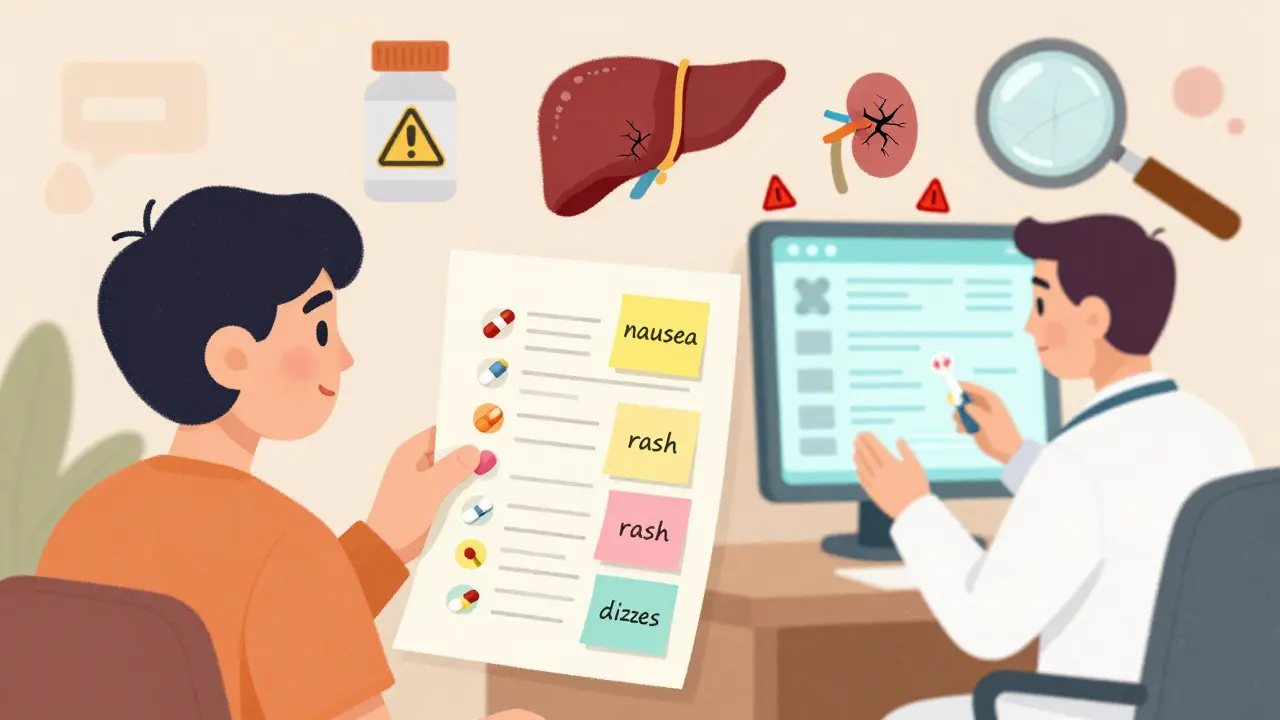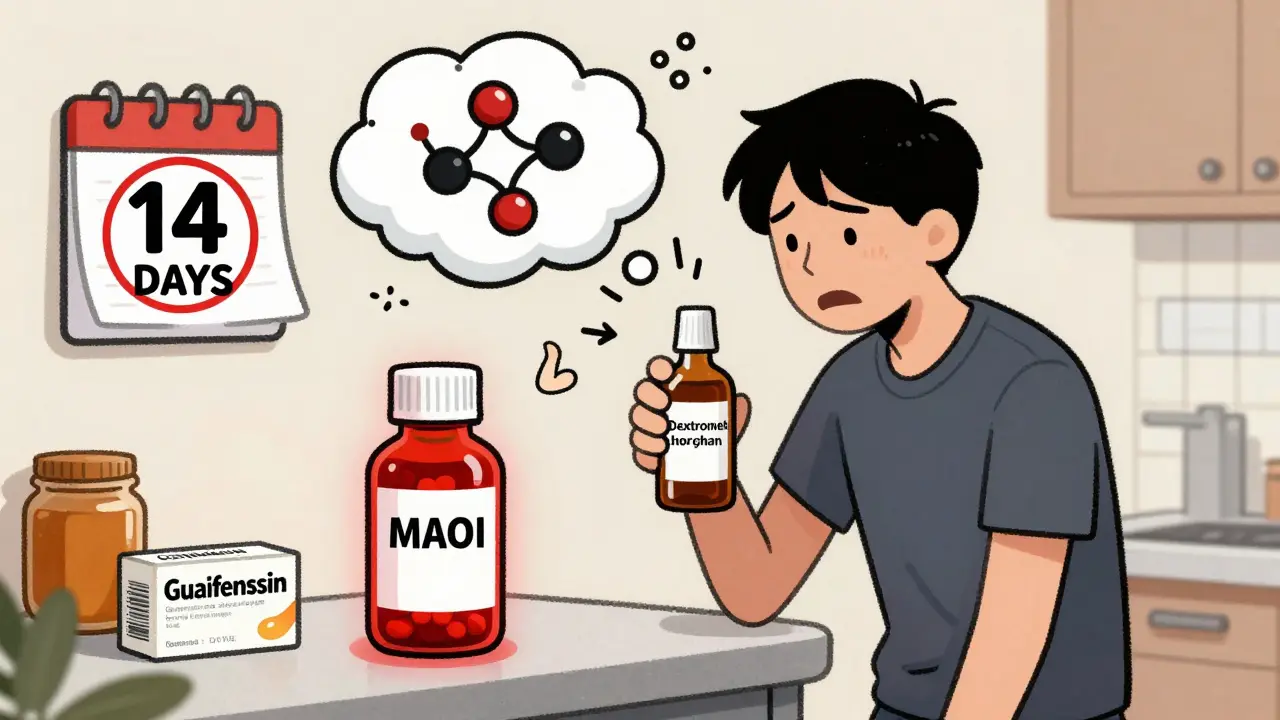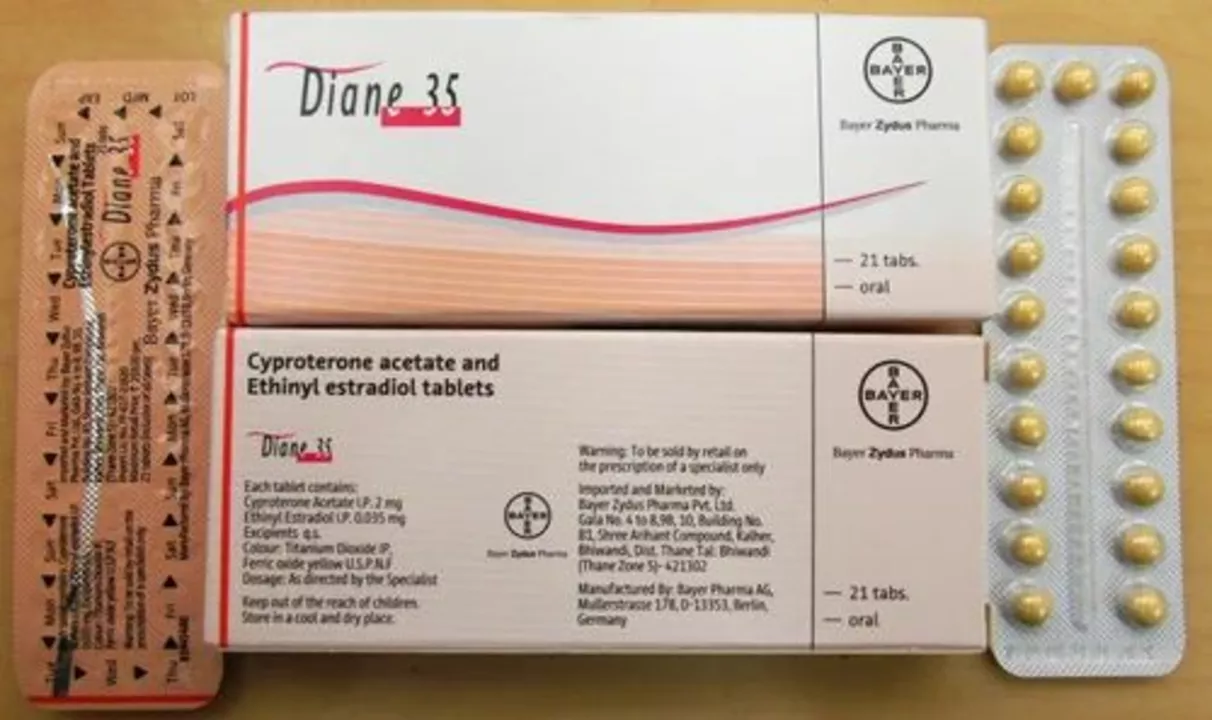Understanding Drug Interactions and How to Avoid Trouble
Taking medications is often necessary, but combining them can be tricky. Drug interactions happen when one medicine changes how another works or causes unwanted effects. This can make your treatment less effective or even dangerous. Knowing how to spot and prevent drug interactions can save you from uncomfortable side effects or serious health risks.
Why Do Drug Interactions Happen?
Different drugs can affect your body’s chemistry in ways that clash. For example, some medicines might boost or block how your liver breaks down another drug, causing too much or too little of it in your system. Others might compete for the same spot in your body, leading to stronger side effects. Some interactions can even cause unexpected problems like dizziness, bleeding, or heart issues.
Even over-the-counter supplements and herbs can trigger interactions. For instance, something as common as St. John's Wort can reduce how well certain prescription drugs work. That’s why it’s crucial to tell your doctor about everything you're taking, including vitamins and herbal remedies.
Simple Steps to Stay Safe from Drug Interactions
First off, always keep a current list of your medications, including doses and schedules. Share this with every healthcare provider, pharmacist, or if you try a new pharmacy website. If you’re buying drugs online, like those reviewed on ChemistClick.co.uk, choose reputable sources and verify prescriptions.
Before starting any new medicine, ask your doctor or pharmacist if it might interact with what you already take. Watch out for signs like sudden headaches, nausea, unusual tiredness, or skin reactions. If you notice anything odd, contact your healthcare professional right away.
Remember, not every drug combination is harmful. Some are intentionally combined to work better together, like certain asthma treatments or diabetes medications. But understanding the risks helps you avoid surprises and keeps your health on track.
Want to learn more? Check out our guides on specific drugs and safe online pharmacies, all aimed at giving you the knowledge to manage your medications confidently and safely.

How Medical History Increases Your Risk of Specific Medication Side Effects
Your medical history directly shapes how your body reacts to medications. Past reactions, kidney or liver issues, age, gender, and multiple prescriptions all increase your risk of dangerous side effects. Understanding these links can save your life.

Anxiety Medications: Benzodiazepines and the Real Risks of Mixing Them with Other Drugs
Benzodiazepines like Xanax and Valium work fast for anxiety but carry serious risks when mixed with opioids, alcohol, or other sedatives. Learn the real dangers, what to avoid, and safer alternatives.

Cough Suppressants and MAOIs: What You Need to Know About Dextromethorphan Risks
Dextromethorphan in common cough medicines can cause life-threatening serotonin syndrome when taken with MAOI antidepressants. Learn the risks, safe alternatives, and what to do if you're on one of these drugs.

Magnesium Supplements and Osteoporosis Medications: Timing Rules
Magnesium supplements can block the absorption of osteoporosis medications like Fosamax and Actonel. Learn the exact timing rules to keep your treatment effective and avoid dangerous bone loss.

Ethinyl estradiol and drug interactions: what to avoid
As a blogger, I recently researched ethinyl estradiol and potential drug interactions, and I discovered some important information to share. Ethinyl estradiol is a synthetic form of the hormone estrogen, commonly found in birth control and hormone replacement therapies. It's essential to be aware of potential drug interactions, as they can reduce the effectiveness of ethinyl estradiol or cause unwanted side effects. Some of the medications to avoid or use with caution include antibiotics, antifungal medications, and certain seizure medications. If you're taking ethinyl estradiol, it's always best to consult your healthcare provider before starting any new medications to ensure your safety and the effectiveness of your treatment.
